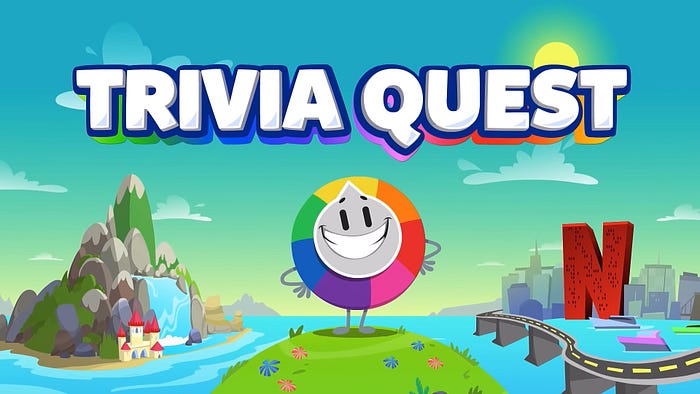Far from being simple and one-dimensional, Gaming is a complex phenomenon that invites users to be part of it like no other medium
There is a recurring idea about video games that leads people to think they are rather trivial. To those unfamiliar with the broad range of video game genres, styles and sagas, they are just ‘silly little games’. However, the truth is that video games are far more complex than that, having earned their place in academia and museums, even.
So… Are video games art? Are they a distraction? Or do they have aspects hidden to the naked eye that can help us start conversations? We won’t define art here, but we will discuss how Gaming is nurtured by other disciplines, becoming an art form in itself on the way.
Graphic arts
Video games are, as their name suggests, visual. From multicolored extraterrestrial landscapes to gray cities under torrential rain, passing through medieval realms, video games rely on impactful illustrations to take people to captivating worlds.
Even if video games were little more than lines and geometrical shapes at the beginning, the medium evolved and perfected itself. Nowadays, most of the illustrations found in video games can compete with art exhibited in the most important museums.

In fact, art influenced by video games has already had an appearance: in 2018, the Museum of Contemporary Art Chicago presented an exhibition with references to many video games, including the famous Metal Gear Solid.
Nintendo, one of the most well-known video game companies worldwide, began its journey in 1889 producing hanafuda, cards decorated with flowers used to play Karuta. Even if the company had many developments before settling into the video game industry in the 70s, this first game set the precedents for what would then become Nintendo. Even today, the company prints hanafuda cards with Mario images, its star video game.
Also, games like Okami and Passpartout invite players to draw as part of their core mechanics. In this blog, we often write about how video games benefit us and help us experiment, and these games are the perfect example. For gamers, no matter their age, video games are a means for creative and artistic expression they wouldn’t normally resort to.
A new cinematic era
If there is a discipline that has taught video games about storytelling, it’s cinema. Games like Heavy Rain, The Last of Us, Red Dead Redemption, and Grand Theft Auto have that ‘cinematographic’ feel.
However, it’s important to mention that even if they took narrative structures from cinema, games brought something new: giving control to the player. The story’s level of customization, and the possibility to choose the ending and the paths to take are not easy to emulate in other mediums. An equivalent in literature could be the Choose Your Own Adventure book series, but there wasn’t anything like it in cinema.
The influence of Gaming enters the scene yet again: apart from the numerous film adaptations of popular video games (Resident Evil, Tomb Raider, Doom, and the recent series based in Cyberpunk 2077), there are movies that have taken some structures from video games.

A great example of interactive cinema is Black Mirror: Bandersnatch, which allows users to choose their own path through the story. Also, Trivia Quest invites players to answer questions to rescue the Trivia Crack characters. However, some movies — such as Hardcore Henry — copy first-person games like Call of Duty.
The scope of Literature
Literary Arts also gave a lot to video games. Ever since the era of interactive adventures like Zork and Colossal Cave Adventure, Gaming has relied on this discipline to keep audiences engaged.
Nowadays, there are games that continue to commemorate those good old literary interactive adventures: Disco Elysium and Telltale Games video games rely on their scripts to make user-experience more valuable.

In addition, finding games based on book sagas — like The Witcher — or vice versa is not uncommon: Halo gave rise to an extensive novel and comic series that called the attention of fans.
Conversation starters
Aside from everything we could say about video games to convince you that they awaken passion as strongly as other arts — or even more strongly — , the reality is that everyone has their own opinion about them.
The idea that video games are art is not discussed among gamers, because all of us have played a game that changed the way we see the world, or that made us cry and laugh like no movie has ever done.
Gaming helps build strong and committed communities and understanding the discussions that are taking place between gamers is essential to understand how to approach this audience.
